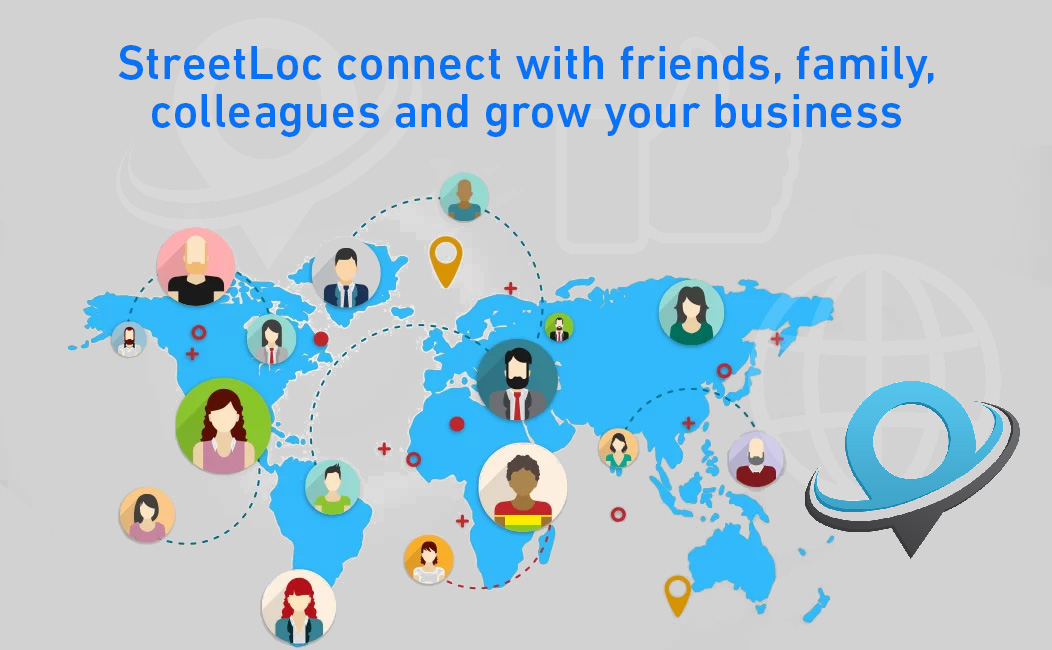- · 549 friends
-


A
 609 followers
609 followers
People on opposite ends of the political spectrum can actually like each other and be civil.
The question, for many democrats, is how do we get over the hatred built by the Democratic Party over the last 4 years?
The political left might consider itself more open-minded than the right. But research shows that liberals are way more prejudiced against conservatives, as conservatives are against liberals.
The University of California, Berkeley, recently had to cancel a lecture by the conservative commentator Ann Coulter due to concerns for her safety—just two months after uninviting the conservative writer Milo Yiannopoulos due to violent protests.
Media outlets on the right have rightly played up the incidents as evidence of rising close-mindedness on the left.
For years, it’s conservatives who have been branded as intolerant, often for good reason. But since Obama conservatives will tell you that liberals have bee demonstrating their own intolerance at an ever increasing intensity, using the strictures of political correctness as a weapon of oppression.
That became a familiar theme during the Obama administration and the 2016 campaign. After the election, Sean McElwee, a policy analyst at the progressive group Demos Action, reported that Donald Trump had received his strongest support among Americans who felt that whites and Christians faced “a great deal” of discrimination.
Spencer Greenberg, a mathematician who runs a website for improving decision-making, found that the one of the biggest predictors of voting for Trump after party affiliation was the rejection of political correctness—Trump’s voters felt silenced.
Added to this, President Trump has to step in and denounce “critical race theory” and cancel the racist New York Times' "1619 Project" from schools and Government institutions. The 1619 Project was — basically, a collection of racist, race baiting, provocative magazine articles about the ways slavery shaped our nation. And by the time Hannah-Jones found her work under near-daily attack from brand-name intellectuals, the president of the United States and, as of last week, even the Times’s own opinion section, it was already more than a year old.
The 1619 Project was launched by the New York Times Magazine last year. After the launch, the Pulitzer Center was named an education partner for the project and announced its education team would develop educational resources and curricula for teachers to use. The 1619 Project curriculum is available online for free through the center.
So who’s right? Are conservatives more prejudiced than liberals, or vice versa? Research over the years has shown that in industrialized nations, social conservatives and religious fundamentalists possess psychological traits, such as the valuing of conformity and the desire for certainty, that tend to predispose people toward prejudice. Meanwhile, liberals and the nonreligious tend to be more open to new experiences if they suite their purposes, but completely closed to any idea other than those they like, a trait associated with the recent extreme prejudice. Liberals expect you to believe that, conservatives and Christians should be inherently more discriminatory on the whole.
Simply put while liberals might like to think of themselves as more open-minded, they are way less tolerant of people unlike them than their conservative counterparts are.

